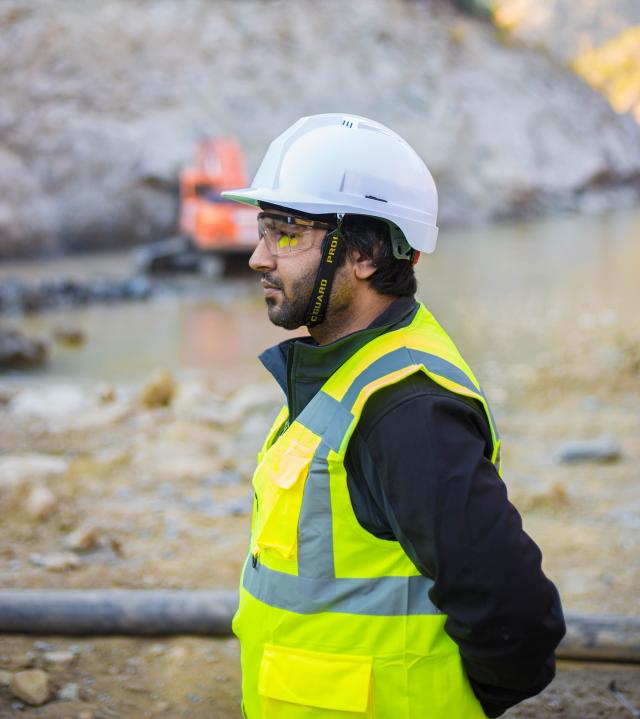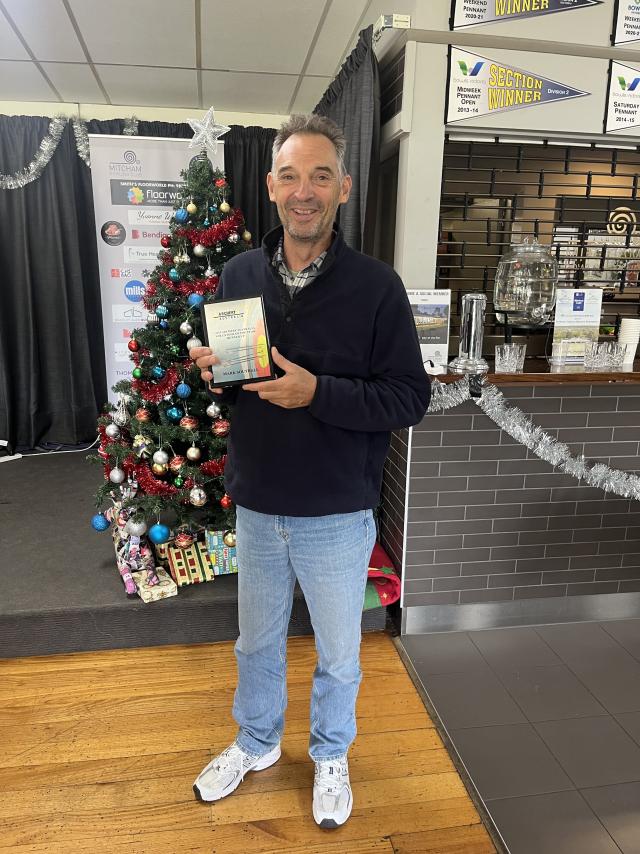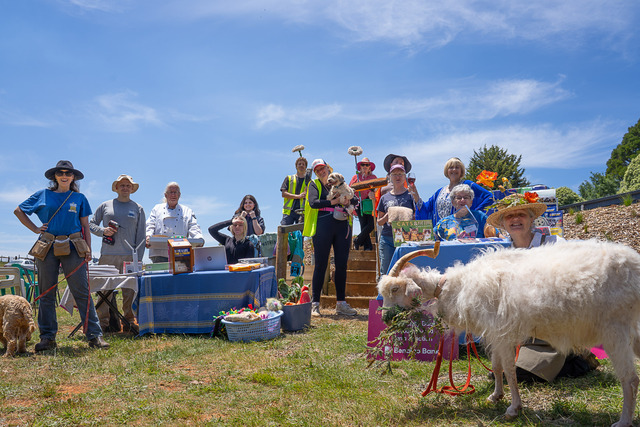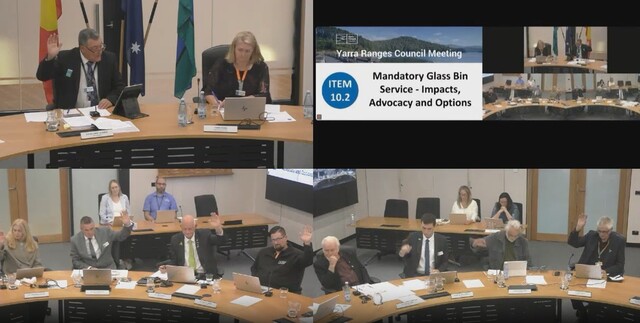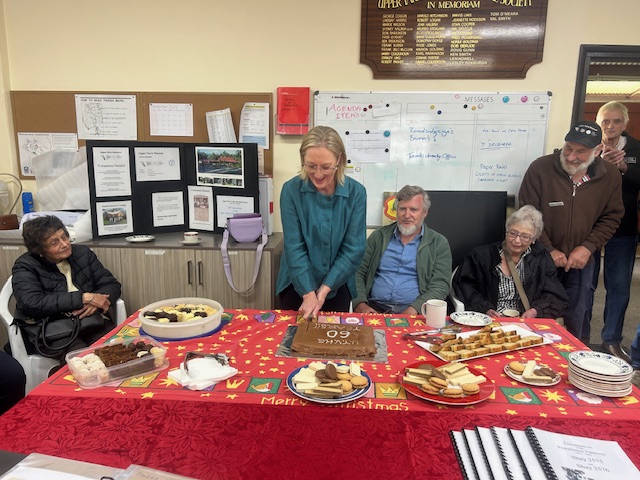We call them Tradies, those men and increasingly women we turn to when the toilet is blocked, the tap drips, the kitchen drawer collapses and there’s a paint job to do. We see them on the roads in their Isuzu D maxes or Ford Ranger utes.
We grumble about them not replying to our messaging or complain about the high cost of a call out. But we need them in our lives just as we discovered during the pandemic how certain people, so long overlooked, ignored or taken for granted were necessary for our well being
Sometimes, we don’t appreciate their skills or indeed that the nature of their work can lead to them having serious health problems.
We have all been made aware of the dangers of working with hazardous materials and well remember the James Hardie asbestos case with the inspirational Bernie Banton as the public face of victims of asbestos related diseases.
More recently the manufacture of highly popular ‘must have’ kitchen and bathroom reconstituted stone products was shown to cause silicosis: a permanent and untreatable lung disease in those breathing in the silica dust.
Paint no longer contains dangerous amounts of lead but this doesn’t mean that there are no other additives for inhibiting bacterial and fungal growth and preserving shelf life.
But in the main when we think of industrial dangers we primarily think of accidents on building sites or with machinery, and not so readily would consider the dangers of being a Painter.
Often it is the language of poetry that is more effective than prose when it comes to conveying a message and increasing awareness.
In Kevin Brophy’s poem Painters he is not talking of painters as artists. They are Tradies. And they stand for anyone who loves and takes pride in their work. They are not painting the ceiling of a Sistine Chapel. More mundanely they are painting walls, roofs and removing peeling, flaking paint and breathing in dust and fumes.
Just as we overlooked tradies and essential workers, the speaker in this poem seems to be seeing the painters with new eyes beyond their ordinariness. They are compared to elves as if they were magical characters who when sitting out some rain in their van or ute have their ladders folded above them like wings.
But despite this portrayal of the painters as almost fairy-like the poem has a darker message. The work they are doing may be magical in transforming a dingy room, a corridor or giving the outside of a house a facelift but the paints they work with ,though no longer heavy with lead, nevertheless still contain highly toxic ingredients.
Many tradies have early starts and little time for good nutrition. The constant fix for flagging energy is fast food, sugary coffee, doughnuts. You see them ‘refuelling’ for energy at fast food outlets as they travel from job to job.
The stress of juggling work seems to impinge on sleep and ultimately health suffers
The speaker feels we are complicit in these workers’ health deteriorations. We are such slaves of passing fashions and fads, not just in clothing but also in keeping up with ever changing home colour palettes decreed by advertising, influencers and home renovation reality shows.
The painters are aware of the environmental consequences of what to do with leftover cans of paint. I’m sure that most of us have faced this same problem of how to dispose of leftover paint, congealing in tins in garages. The painters in the poem are aware that disposed indiscriminately there will be environmental damage but also realise that it has to be disposed of regardless.
There are places, deep and foul, where paint must go
when its colour is no longer favoured, they will say,
But they have a living to make, families to support, mortgages to pay and
Their elf hearts move inside them
at each slap of colour on a wall or fence or seedy chair.
This is a poem about painters but it’s also a poem about our values and how some sections of our society pay a heavy price to make our lives feel deeply real.
Painters
It is as if each one had been sent to colour in the world,
and to do it between the showers of rain
so that colours will have time to fix themselves
on walls and pipes and window ledges.
When it rains the painters in their speckled overalls and spotty shoes
sit quietly in vans
with ladders like folded wings above them.
They drink white coffee with two sugars
and treat themselves to doughnuts from the local bakery,
sugared cinnamon.
At night they dream of edges of immaculate neatness.
They admire leaves and what autumn does to them.
Their lives are short, for each painted colour releases
a poisonous fume like a sigh
as it spreads and dries and makes our lives feel
deeply real.
The painters speak less and less
as the fumes take hold.
Their wives and children watch the painters going
like elves to another kind of existence.
You ask them what to do with leftover cans of paint
and they tell you it’s not easy,
for paint would stain the sea and kill the fish if you let it go.
There are places, deep and foul, where paint must go
when its colour is no longer favoured, they will say,
and you will feel they are the enemies
of the paint they love. Their elf hearts move inside them
at each slap of colour on a wall or fence or seedy chair.
Emeritus Professor Kevin Brophy is a prize winning poet, essayist and fiction writer. He is the Judge for the Judith Rodriguez Open category of the Woorilla Poetry Prize.
The Woorilla Awards Event will be held on 19 November 2-4pm at The Hub, Emerald.

